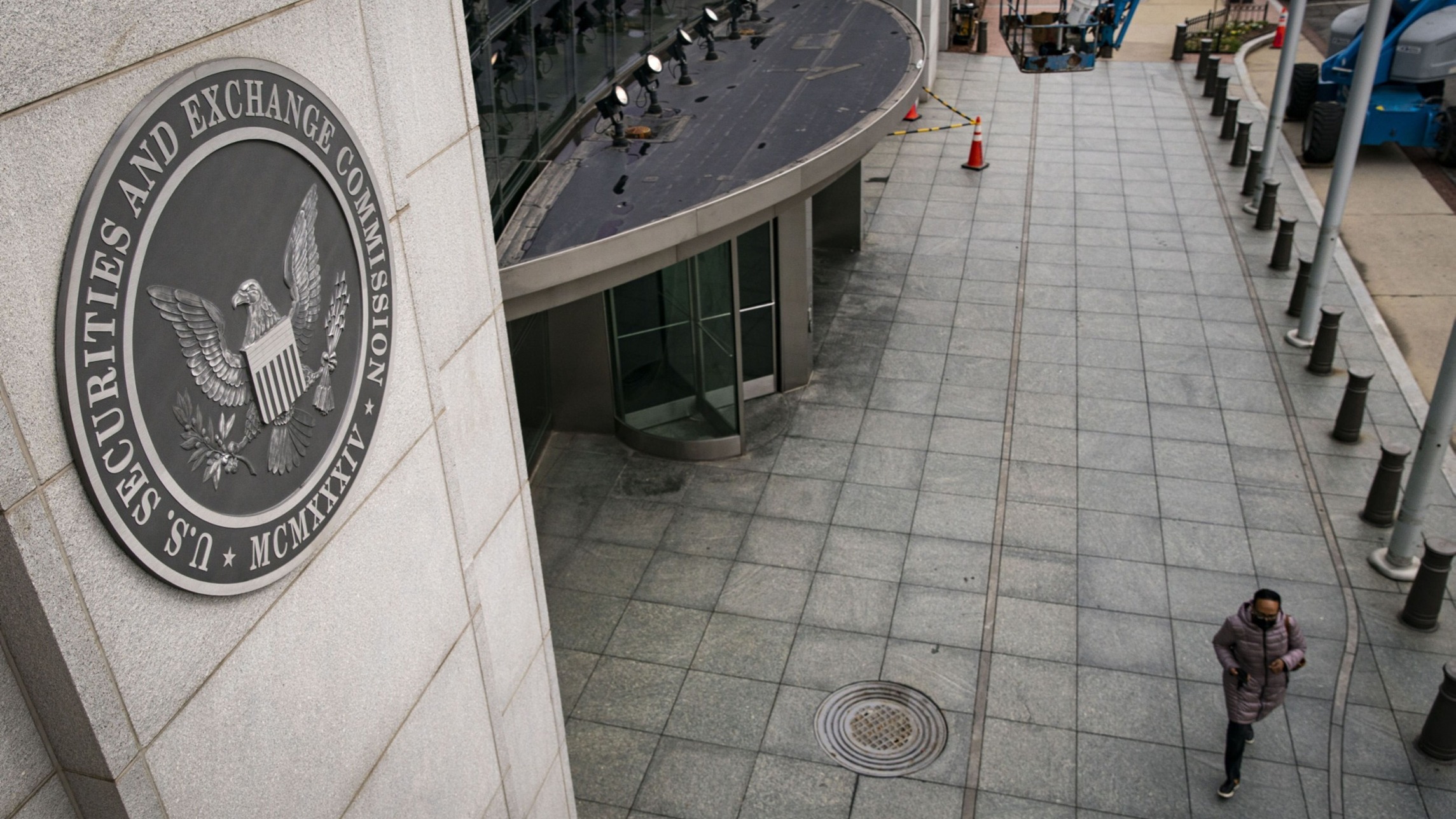Intermediaries, hedge funds, and investment advisors are pushing back against the significant US markets regulator’s attempts to regulate the use of artificial intelligence in providing financial advice to investors.
There is a requirement that banks and finance professionals must eliminate or resolve any conflicts of interest related to various technologies when offering advice to clients under the Securities and Exchange Commission’s (SEC) rules introduced in July. The SEC has received feedback well beyond the October 10 deadline, with most criticizing the agency’s arbitrary rulemaking approach and broad scope.
Jesse Forster, an expert in equity market structure at research firm Coalition Greenwich, expressed surprise at the unprecedented nature of the situation. The US aims to position itself as a global leader in AI governance, leading to resistance. President Joe Biden issued an executive order last year that brought together over 25 federal entities to oversee the rapidly advancing technology.
Gary Gensler, the SEC’s chairman, has long been wary of the risks associated with AI. He warned the Financial Times last quarter that without prompt action, there is an imminent risk of AI causing financial turmoil within a decade.
The SEC’s July proposals, focusing on predictive data analysis known as “Reg PDA,” aim to mitigate the potential harm that AI-driven advice scalability could pose to a larger number of investors more rapidly than previous systems. Critics argue that existing regulations, such as the obligation for broker-dealers to act in clients’ best interests and the fiduciary duties governing investment advisors, already address investor protection.
Detractors also raised concerns that the SEC’s broad definition of “technology” in the new guidelines could encompass basic computer usage, making it challenging to resolve conflicts rather than just disclosing them.
The backlash against the SEC’s proposals reflects a culmination of numerous regulatory actions. Forster noted that the discontent is not isolated, stating, “PDA hasn’t occurred in a vacuum.” The business community is evidently reaching a tipping point, questioning the rationale behind the regulatory measures.
Under Gensler’s leadership, the SEC has introduced more regulations than during any period since the 2008 financial crisis, with fewer stemming from legislative mandates compared to previous SEC chairs. These proposals include significant alterations to the Treasury and stock markets, as well as new regulations concerning custody advantages and investments in environmental, social, and governance sectors. Adjustments to mutual fund fees and cybersecurity disclosures have been incorporated into the regulations.
Business group Sifma urged the complete withdrawal of Reg PDA, citing arbitrary and capricious rulemaking. The Investment Company Institute cautioned that the proposed law could unduly restrict experts’ communication with clients. Major financial institutions like Morgan Stanley and JPMorgan’s wealth management divisions responded with specific letters, echoing concerns raised by industry groups.
Stephen Berger, Citadel’s head of strategic planning, criticized the rules as “ill-considered and overly expansive.” Despite the SEC’s claim that the regulations are technology-neutral, the overall response has been uniformly critical.
The SEC assured that it values public input and will thoroughly review all comments submitted during the open comment period. Gensler emphasized the importance of protecting investors from targeted financial communications, aiming to address fundamental issues affecting how entrepreneurs perceive financial advice.
While consumer groups largely support Reg PDA, believing current investment protections are insufficient, they stress the potential for AI systems to mislead investors even if they do not fall under existing regulatory frameworks.






